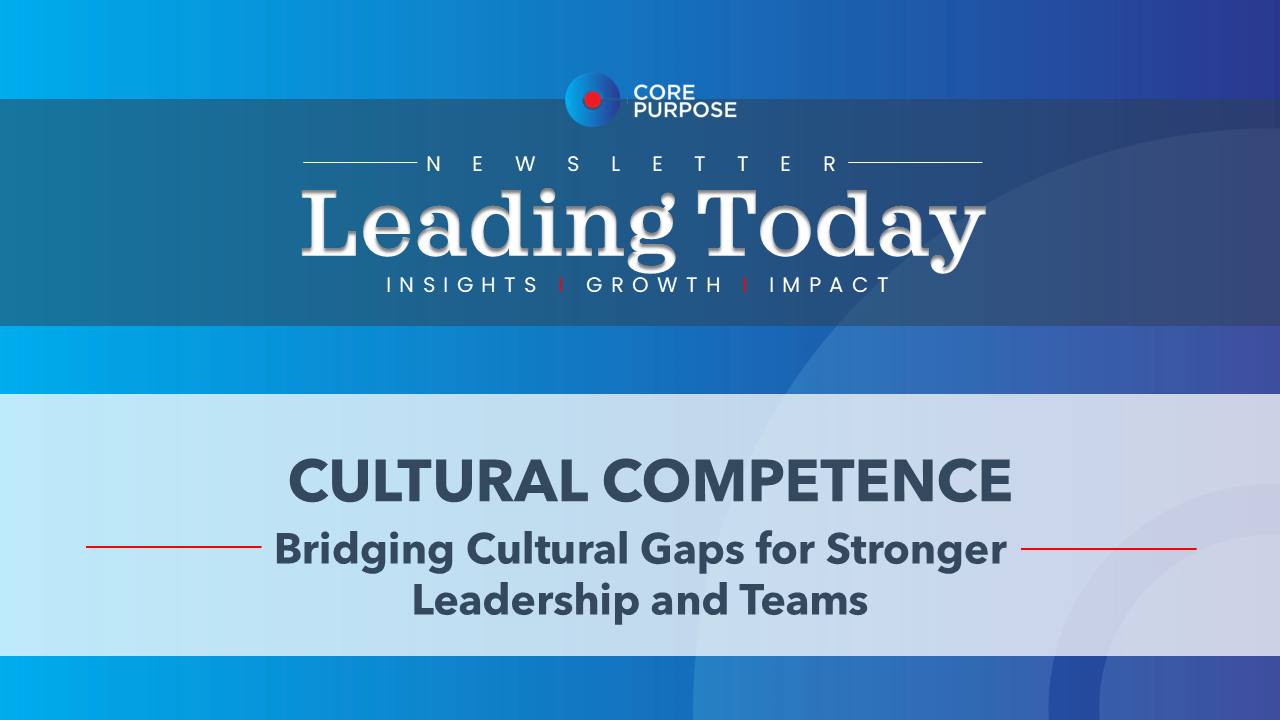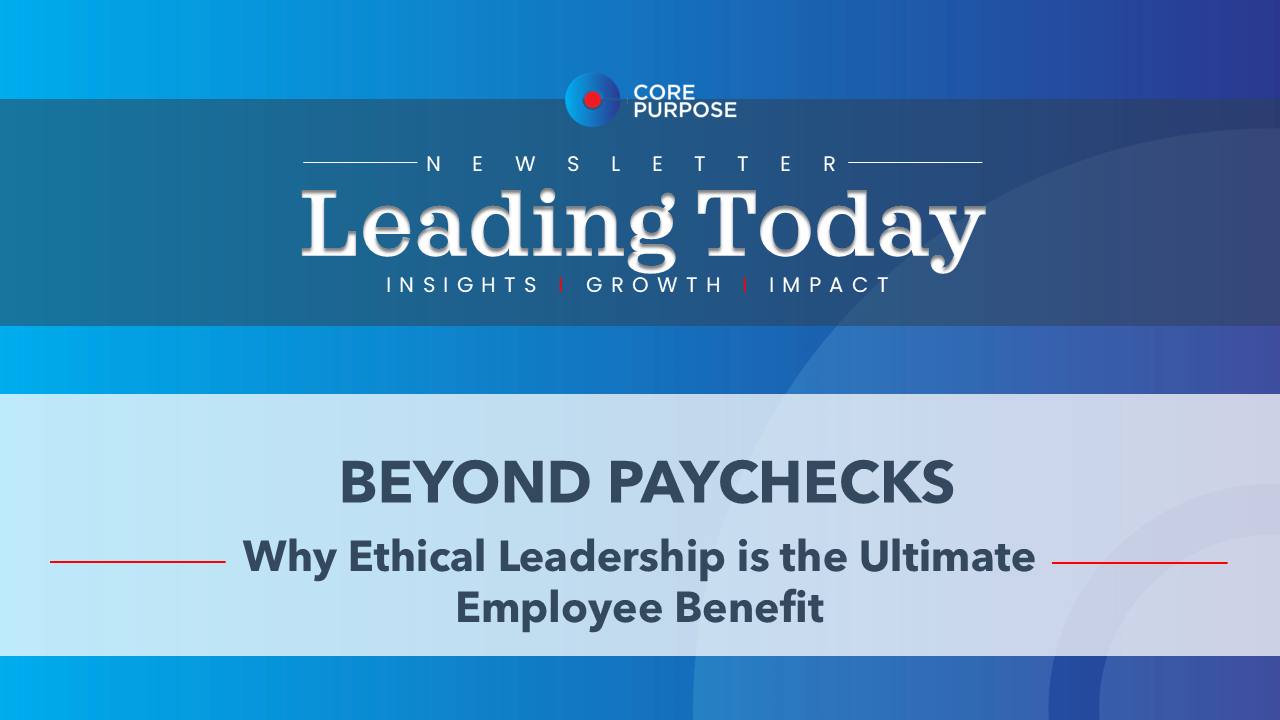The Leadership Myth That Could Be Holding You Back
Dear Fellow Leaders,
You’ve likely heard it before: there’s a ‘right way’ to lead, or a ‘perfect model’ that will help you navigate every challenge in your organisation. But let’s be honest, has that ever truly worked?
We are constantly told that if we follow a set of steps or embrace a specific leadership style, we’ll succeed no matter the situation. The truth is, leadership isn’t that simple.
Every organisation, every team, and every situation is different. What works in one environment could fail miserably in another. I see so many leaders held back by this myth of the "one-size-fits-all" approach, frustrated when their methods—successful in the past—no longer bring results.
I’ve been there too, and I know the frustration. But let me share something with you that has transformed how I lead and coach:
The Contingency Theory

Leadership Isn’t About One Fixed Approach
At its core, Contingency Theory says there is no single best way to lead. Your success as a leader depends on understanding the situation in front of you and adapting your approach accordingly.
Think of it this way: you wouldn’t wear the same outfit in every season, so why would you use the same leadership style in every scenario? Leadership, like life, is dynamic.
Maybe you’ve encountered this already. When times are tough, your team needs structure and focus—clear goals and deadlines. But in other moments, what your team craves most is a relationship-oriented leader—someone who listens, builds trust, and fosters collaboration.
This flexibility is what Contingency Theory invites us to embrace. It challenges us to pause, assess the environment, and choose the best way forward, not based on habit or outdated methods, but on the unique demands of the moment.
How Understanding This Can Change Your Leadership
What does this look like in practice? Imagine your team is navigating a high-pressure project with tight deadlines. You might be tempted to double down on relationship-building to boost morale, but is that really what’s needed? Or does the situation call for structure—task assignments, timelines, and focused goals?
On the flip side, if your organisation is going through a merger or change, suddenly throwing orders and task lists might backfire. Your people might need reassurance, empathy, and support through uncertain times.
The beauty of Contingency Theory is that it frees you from the pressure of “getting it right” by applying rigid models. It allows you to lead in the moment—to assess what’s needed right now, and adjust.
Why I Believe This Matters for You
I know many of you feel the weight of responsibility—keeping up with rapid change, managing diverse teams, and handling complex external challenges. The world around us is more unpredictable than ever. And as leaders, we often feel that pressure to always have the answers.
But what if leadership wasn’t about always knowing the right answer, but instead about knowing the right question to ask? Contingency Theory helps us ask those questions: What does this situation require from me? Does my team need structure or support? Am I focusing on tasks when I should be focusing on relationships—or vice versa?
Understanding this theory means you’ll lead with more confidence, agility, and most importantly, with a sense of alignment to the environment in which you operate.
Practical Steps to Lead with Flexibility
Here are a few questions to ask yourself the next time you face a leadership challenge:
- What’s the current climate? Is it a time of stability or change? High pressure or a need for reflection?
- What does my team need from me right now? Do they need clarity, structure, and direction? Or do they need empathy, support, and someone to lean on?
- How can I adapt without losing my integrity? Flexibility doesn’t mean abandoning your core values. It means aligning them with what’s best for your people at this moment.
The leaders who thrive are the ones who recognise that leadership is not a rigid path. It’s a series of moments, each requiring its own nuanced response.
Your Leadership Journey
At Core Purpose, my goal is to support you on this journey of flexible, ethical leadership. Understanding Contingency Theory is just one step. It’s a way to release the burden of perfection and instead, lead with purpose in the present.
I invite you to explore this approach with me. Together, let’s make your leadership adaptable, resilient, and deeply connected to the world around you.
If you’re ready to explore more about how you can lead with flexibility and purpose, I’d love to hear from you. Let’s chat about how you can implement these principles in your organisation. Get in touch to schedule a free 15-minute consultation or explore our leadership programs.
Warm regards,
Camelia
Founder, Core Purpose Ltd.







Responses